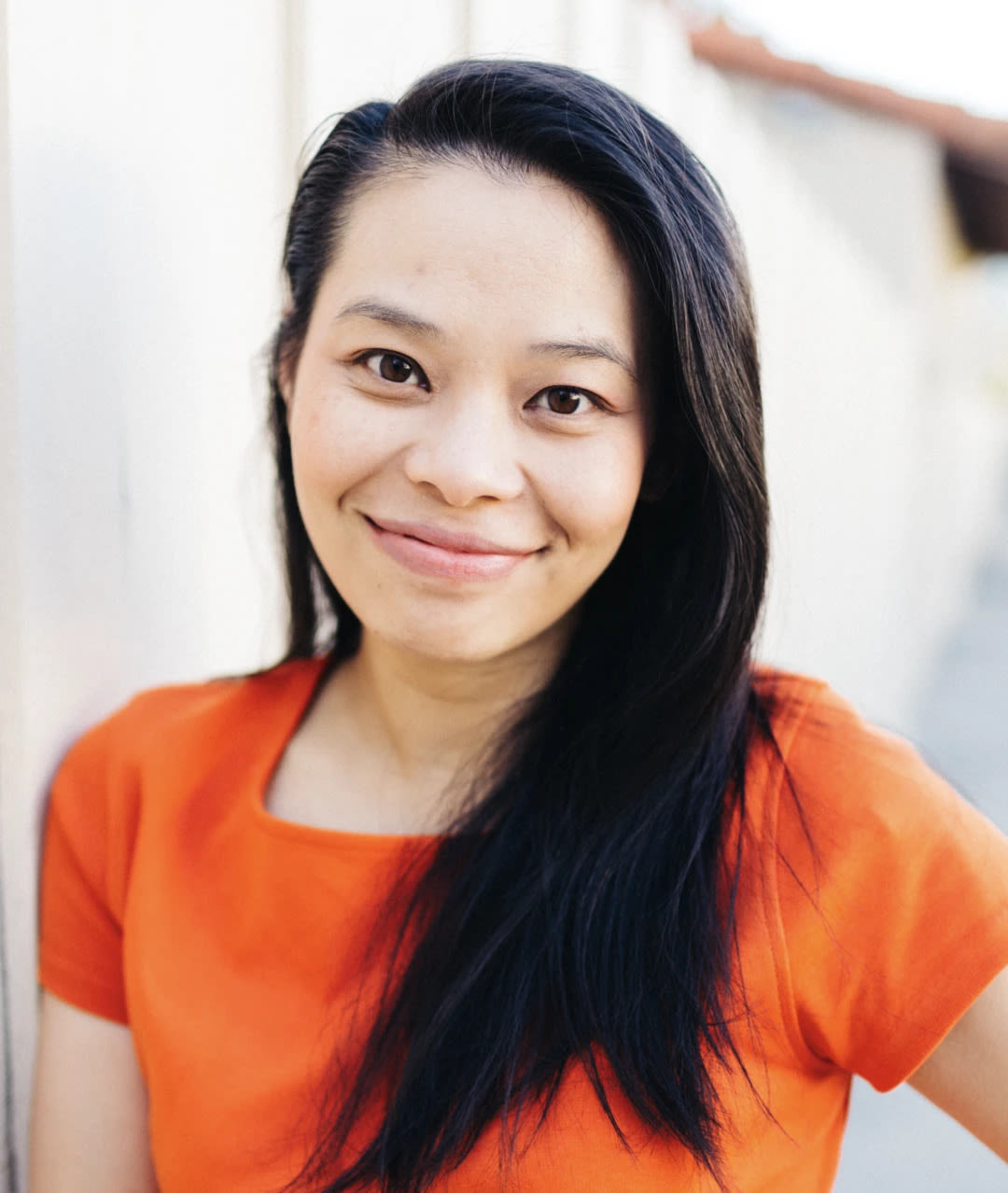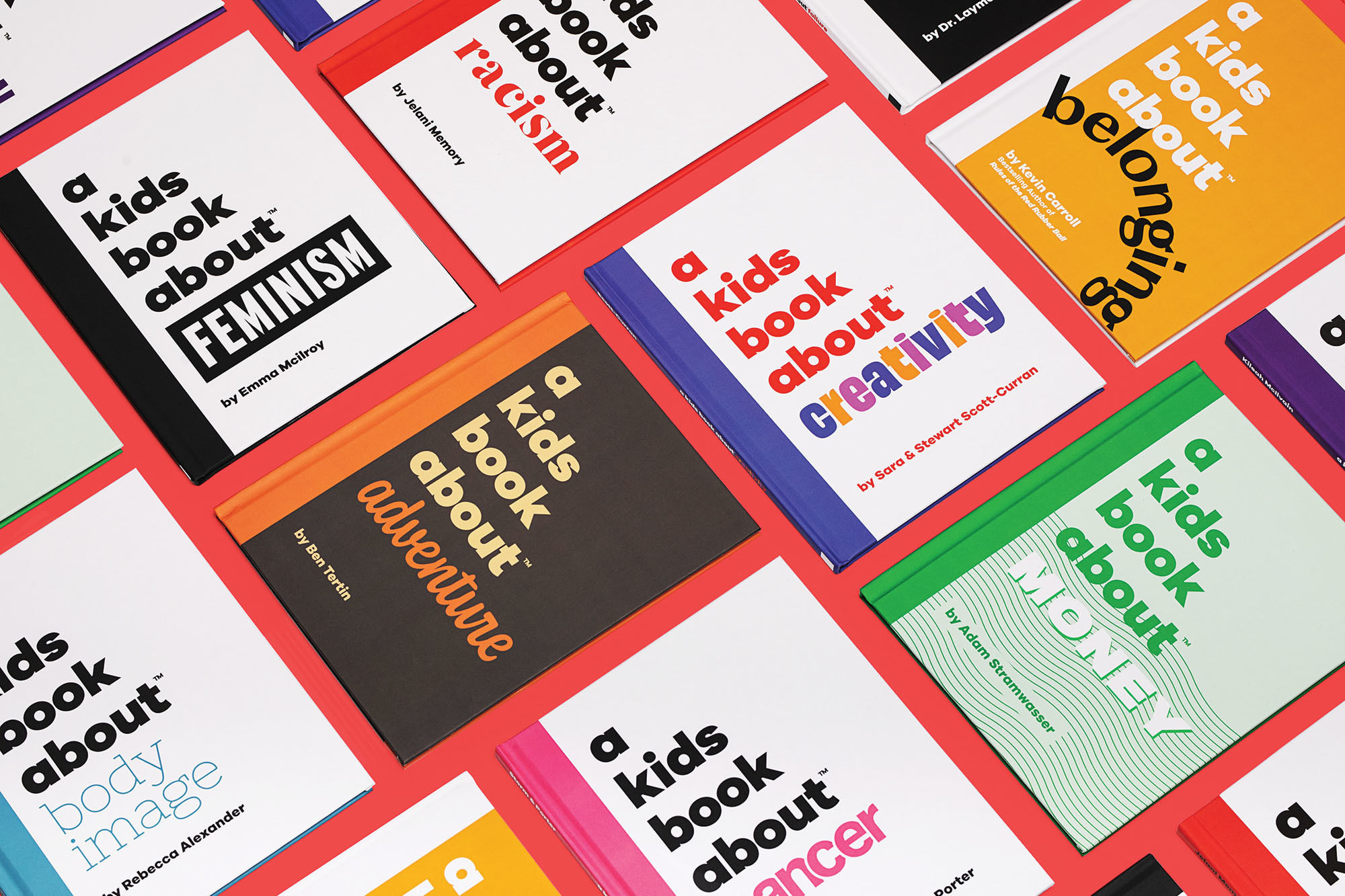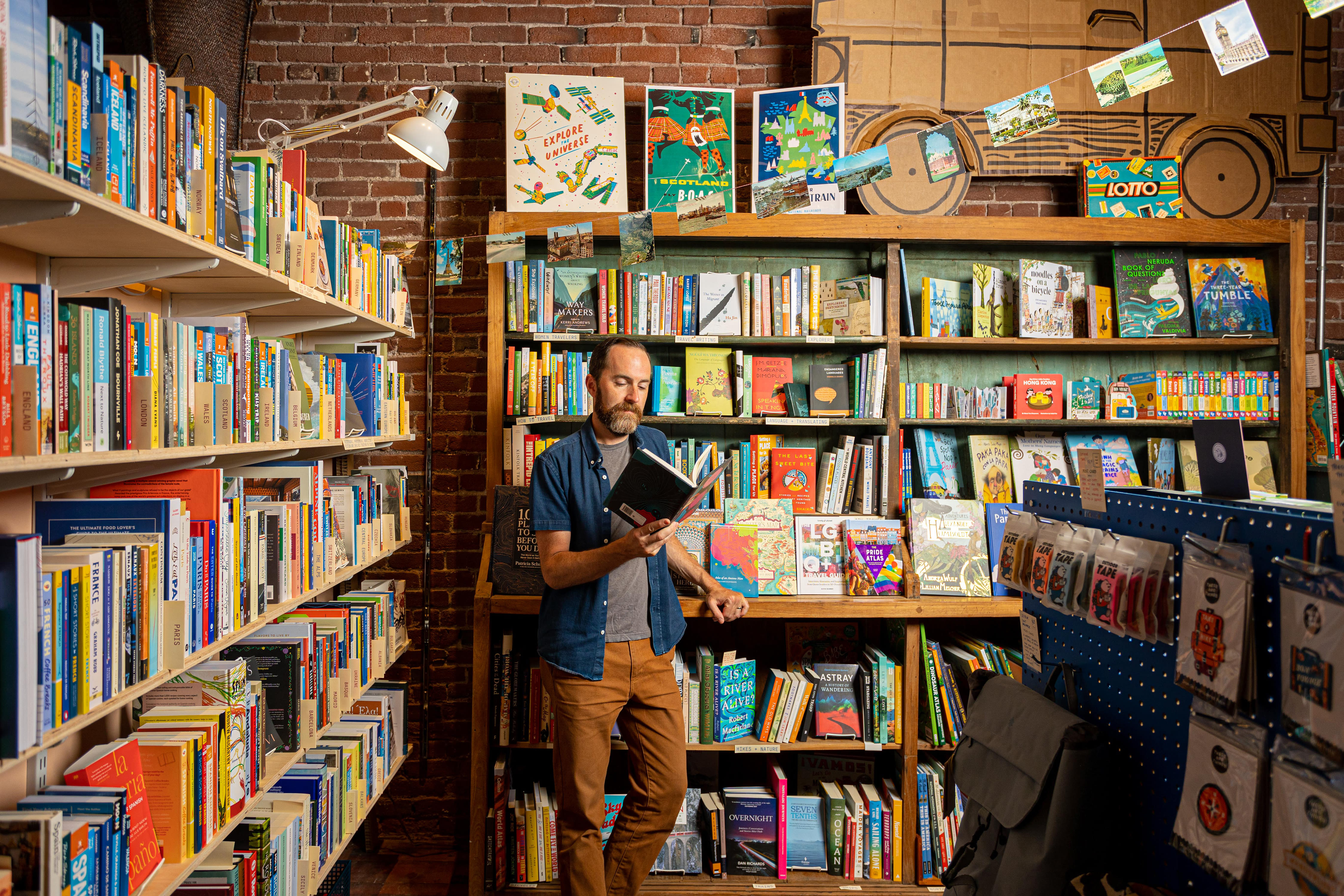New Portland-Produced Book Teaches Kids and Parents about Anti-Asian Hate

Author Kim Pham
Image: COURTESY A Kids BOOK About
About two weeks after the March 16 murders of six Asian Americans in Atlanta, Kim Pham and her husband were asking each other “Why aren't more people talking about the rise of anti-Asian hate?” So, Pham and her husband, both photographers based in San Francisco, reached out to a friend: Jelani Memory, the Portland-based co-founder and CEO of A Kids Book About—a publishing company that makes kids’ books about “topics that matter.”
The company first began with Memory’s book, A Kids Book About Racism, and now has a canon of books by various authors discussing topics like belonging, feminism, gratitude, and death. After Pham’s husband contacted Memory and pitched the idea for A Kids Book About Anti-Asian Hate, Pham says he was quick to greenlight the project, and the book, completed just over a week later, is already available as a free download on the company's website.
In the book, Pham, the daughter of Vietnamese immigrants, writes about microaggressions—like how kids used to make fun of her name: Thu Kim Pham, which is why she started going by “Kim.” Or how the way she looked, food she ate, or language she spoke garnered hateful reactions from her peers. And this, she says, is anti-Asian hate, along with many other acts of racism or racist perceptions. One thing Pham particularly wanted to combat: The myth of the model minority. “For this book, I wanted to use my voice. I wanted to practice doing that for myself. I can't ask other people to do it for me unless I do it too,” Pham says, “I thought it was really important to address the issue of being the model minority and, you know, the ‘Asians are all quiet and shy,’ and I just wanted to break that cycle.
“It was a lot more personal this time,” Pham says. “When you're seeing women, who look just like me get attacked, and you're seeing elders who could be like my parents getting attacked. So, it was just upsetting, and I was just getting really angry that no one was doing anything about it.”
Pham writes about how, “In many Asian American communities, kids are taught to get good grades, work really hard, stay out of trouble, and be respectful.” But this led to children like Pham being taught “not to speak up even if someone was being mistreated—even if it was me.” The conclusion of the book: “It’s never too late to use my voice.”
As much as A Kids Book About Anti-Asian Hate is for, well, kids, it’s also for parents and other adults. “I think it's important to encourage parents to do the same thing,” says Pham, referring to her book’s ending—a call to “stand up against anti-Asian hate.” As a child, Pham says her parents didn’t really speak to her about racism, but that’s something she wants to change with her own children and the children who read her book. “If I can encourage parents to talk to their kids that would be awesome,” she says.
And that’s what A Kids Book About is all about. “Kids are ready to talk and ready to start understanding these issues. At times, it's grownups who need help getting the conversation started and are grappling for resources to answer the questions kids have about current events and understanding the seriousness of anti-Asian hate,” says Memory.
A Kids Book About Anti-Asian Hate is available as a free download on the publisher’s website.




